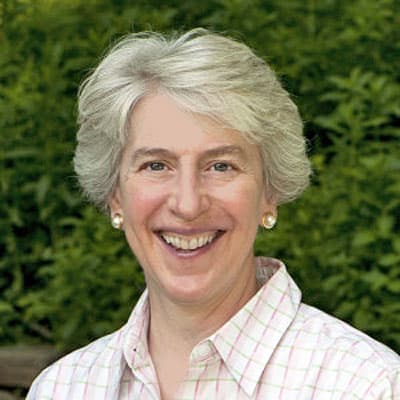By Sen. Alison Clarkson
The Windsor County District now encompasses 25 towns, and the county is the largest in Vermont (977 square miles). As a result, one of the biggest challenges for a state senator is attending as many Town Meetings as possible. I treasure Vermont’s Town Meeting tradition and its form of direct democracy. They not only give me additional insight into the character of the towns we represent and local priorities – but they remind us of how important the partnership is between our towns and our state government.
At our best, we work well together to support, in our different capacities, our people, our communities and our environment. We work together enabling democracy in our precious small state. We work together on projects often too big to manage alone – on planning, town infrastructure, education, strengthening our village centers and downtowns, preserving our historic places, protecting our parks and environment, taking care of those in need, and protecting the public safety of our people. Town Meeting week is a wonderful reminder of that partnership.
Luckily, Windsor County has three senators as all 25 Town Meetings are held during one of three dates and there is a great distance between towns. For example, Reading and Thetford both conduct their Town Meetings on Saturday morning and they are a fair hike apart. We have meetings on Saturday, Monday night and Tuesday. Most Town Meetings are back in person, so we’ve divided up the task of attending in order to get to as many meetings as possible.
The Legislature is now eight weeks into its 2023 session. The Senate has four top priorities: Housing, workforce, childcare and reducing climate change and we are making progress on each one. On housing: Senate Economic Development, Housing and General Affairs has passed out the HOME bill, S.100, the focus of which is to reduce barriers to housing development in our downtowns, village centers and other areas identified for growth. The bill supports increasing density in those areas and impacts local zoning regulations, Act 250, the renovation and creation of rental and home ownership, fair housing enforcement and builds on popular housing programs already in place.
Our workforce development bill is beginning in the House and builds on the work of last session. It will get to the Senate after crossover. The Senate’s child care bill is being finalized. It increases access to childcare, financially supports more families, and provides resources for childcare workers and centers.
And the Senate took a big step forward in our effort to reduce climate change by passing S.5, the Affordable Heat Act. This bill puts in place a plan to transition over the next 25 years to a cleaner energy future. This plan is designed to help Vermonters afford what we know will be a costly transition off polluting fossil fuels. Simply put – this bill sends our vision for what we want to build to our policy “architect”: the Public Utilities Commission (PUC). In two years, the PUC will give us a detailed plan, with a cost analysis, so that we, the Legislature, can begin building the transition with a better understanding of the costs and implications. We cannot afford to wait, or we risk losing the Vermont we know and love.
I appreciate hearing from you. I can be reached by email: [email protected] or by phone at the Statehouse (Tues-Fri) 802-828-2228 or at home (Sat-Mon) 802- 457-4627. To get more information on the Vermont Legislature, and the bills which have been proposed and passed, visit the legislative website: legislature.vermont.gov.




